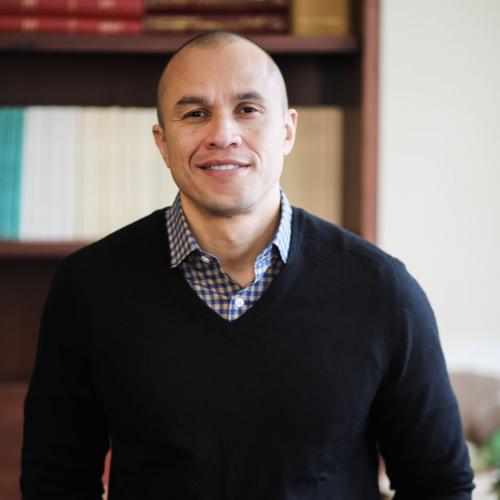
Andres Gomez

Ermias Kebreab
Dr. Ermias Kebreab is Associate Dean of Global Engagement and Director of World Food Center at University of California, Davis. He also holds the Sesnon Endowed Chair in Sustainable Agriculture. He conducts research in nutrition modeling and impact of livestock on the environment. He is contributing author to 2019 IPCC update, chairs the methane committee of UN FAO and delivered a TED talk in 2021. He is a member of National Academy of Science, Engineering and Medicine Committee on nutrient requirement of dairy cattle. He has authored over 250 peer-reviewed articles and over 150 invited presentations globally. He received several awards including Excellence in Ruminant Nutrition and International Agriculture from American Society of Animal Science. Dr. Kebreab received BSc from University of Asmara, Eritrea, MSc and Ph.D. from University of Reading, UK.

Matt Koci
Matt Koci got his BS in Biology from Virginia Tech, followed by his MS and PhD from the University of Georgia. Following a post-doc at the University of Wisconsin, he joined the faculty at NC State where he is professor of viral and mucosal immunology in the Prestage Department of Poultry Science. His lab focuses on gut health and enteric diseases of poultry. It was this research and the need for novel ways to augment the avian immune system that led his group to study the microbiome.
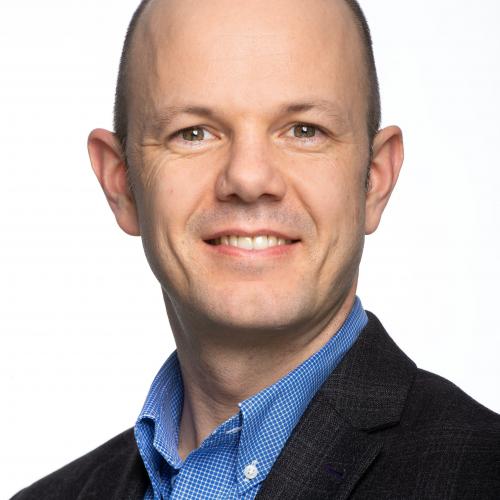
Ben Willing, PhD
Dr. Benjamin Willing is an Associate Professor and Canada Research Chair in the Microbiology of Nutrigenomics at the University of Alberta. He and his team have made important contributions in the understanding of microbes in intestinal development, inflammatory bowel disease, infection resistance, and metabolic health. His research group is working to understand both fundamental and applied questions in gut microbiology. Fundamental research includes identifying mechanisms through which specific core members of the microbiome regulate host physiology using germfree rodent and piglet models. Applied questions include utilizing diet and microbiome to shape immune development to support resistance to enteric pathogens and general disease resilience of poultry and swine.
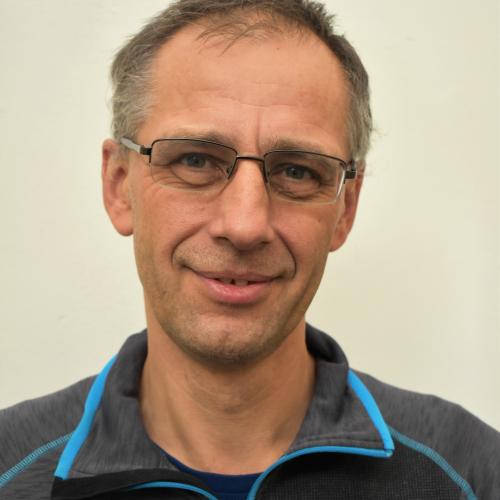
Ivan Rychlik
Ivan Rychlik is a leader of Salmonella group and vice-director of the Veterinary Research Institute, Brno, Czech Republic. Current research interests include composition and function of chicken gut microbiota, chicken response to microbiota of different composition and use of defined mixtures of gut microbiota for the prevention of chicken colonisation with Salmonella and Campylobacter.
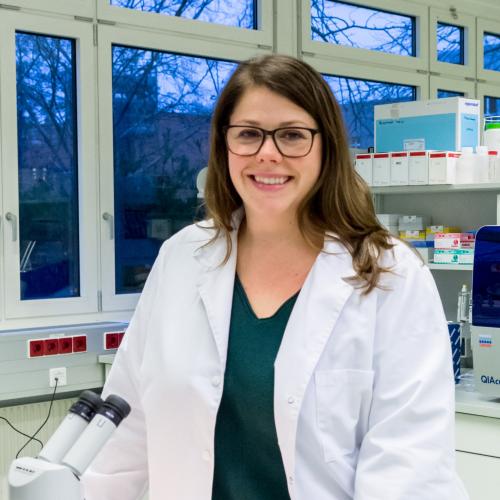
Renee Petri
Dr. Renée Petri is a dairy rumen and gut microbiome research scientist with Agriculture and Agri-Food Canada in Sherbrooke, Canada. She was hired in 2020 after obtaining her B.Sc. (2005) at the University of Alberta and her M.Sc. (2009) and Ph.D (2013) degrees at the University of Saskatchewan. Dr. Petri had also completed 5 years as a senior scientist for the Dairy Feed-Gut Microbiome research group at the University of Veterinary Medicine, in Vienna, Austria. Her research group has focused on the feed-microbe-host interactions associated with feed additives and feed management during lactation. Dr. Petri has published a total of 43 scientific papers and 42 conference proceedings. Dr. Petri has secured over $4 million dollars in research funds as a Co-PI and is currently an adjunct professor at Dalhousie University in Nova Scotia and at Laval University in Quebec city. Dr. Petri`s current research focuses evaluating the impact of feed, feed-management, and feed additives on AMR, host-microbe crosstalk, immunity and the mitigation of production related diseases. As well as working to develop alternatives to antibiotics to reduce antibiotic usage. Individual project range from miRNA involvement in rumen cross-talk to screening plant compounds for impacts of rumen microbiology and physiology, as well as the role of trace mineral feeding on metal resistance genes across agricultural landscapes. Dr. Petri is also an organizing committee member for the Animal Nutrition Conference of Canada and an associate editor for the Canadian Journal of Animal Science.
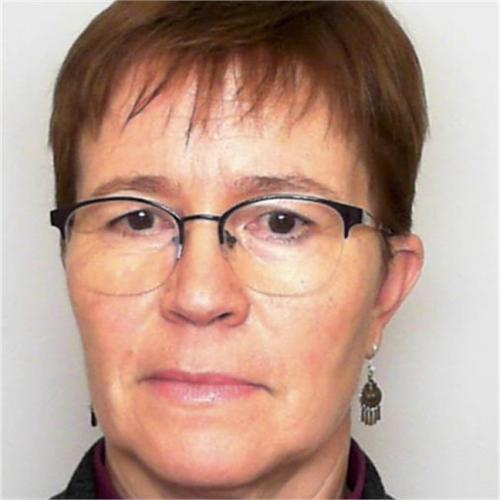
Mirja Huhtinen
With more than 22 years of experience in Animal Health Research and Development, Mirja contributed significantly to several novel pharmaceutical product authorizations for companion animals in EU and US.
She graduated in 1988 from Veterinary College in Helsinki and started her career as a Research Fellow at MTT Agrifood Research, where she worked at the stud farm and carried out research regarding equine reproduction and embryo transfer.Having completed herPhD in 1999, she joined the pharmaceutical industry.
Since 2005 she has been the Head of Animal Health in the joint (human and AH) Clinical R&D, and more recently the Director of Animal Health R&D at Orion Corporation, who develops proprietary products for global markets. Our best known Animal Health brands are Domosedan, Dexdomitor, Domitor, Antisedan, and the new product for treatment of noise aversion in dogs, Sileo. In the microbiome area, we have been the forerunner with our competitive exclusion product, Broilact

John Parkinson, PhD
John is a Senior Scientist at the Hospital for Sick Children in Toronto and holds cross-appointments in the Departments of Biochemistry and Molecular Genetics at the University of Toronto. Research in his group focuses on the application of computational and systems approaches to study the role of microbes in health and disease. Of particular interest is the application of metatranscriptomic and in silico modelling to study complex microbial communitites. Applied to poultry, John and his group are investigating the interactions between age, diet, prrebiotics, probiotics and biogeography on the structure and function of microbial communities in the chicken gut

Garret Suen
Garret Suen studies how symbiotic microbes convert biomass into usable nutrients for their herbivore hosts and how this is applicable to the production of biofuels. His research includes understanding the microbes associated with the deconstruction of biomass and what genetic or molecular mechanisms are used. In application, the highly efficient cellulose degraders found in these microbial communities could be applied to the breakdown of biomass material allowing biofuels to be created using less energy.
